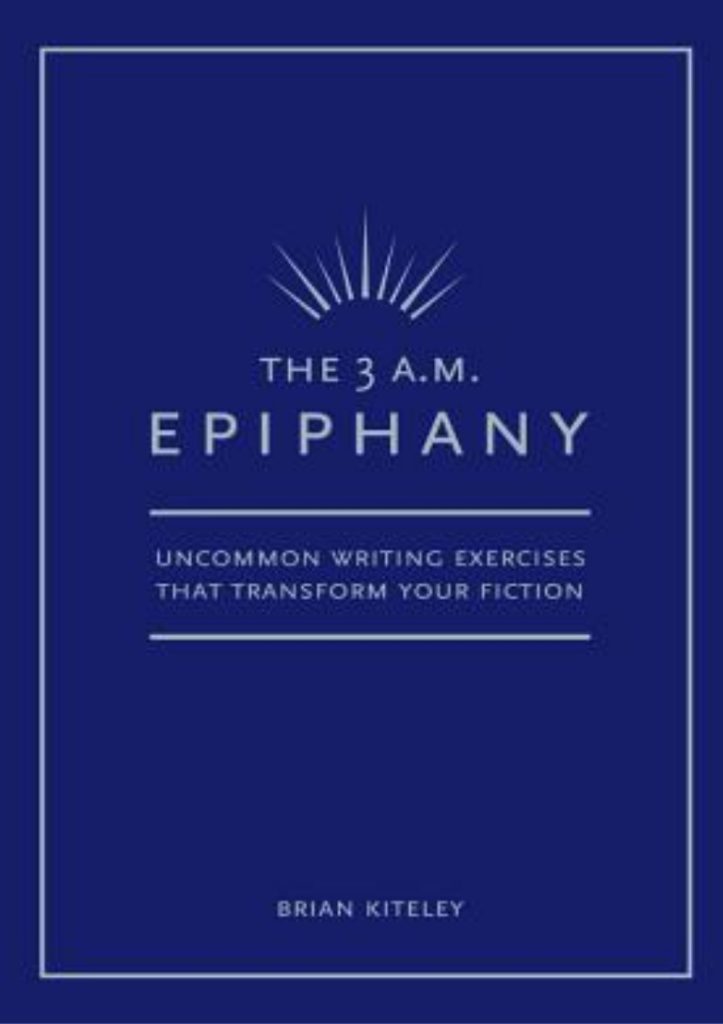Once in a while, I want to do a writing exercise and post the result here. The goal of this exhibitionism is to keep myself accountable, as long practice shows that few things motivate me as much as the need for external validation and the fear of not showing up. For my first attempt, I picked Exercise 1 from The 3 A.M. Epiphany by Brian Kiteley. It is simple: to write 600ish words of first person POV, in which the personal pronoun is only used two times. The result is unpolished, unedited, and woefully melodramatic, but I enjoyed doing it, and so you get to judge it too. Here goes:
I stand on the small square, staring at the wall which rises
tall above the crooked buildings. The mists are everywhere – an oppressive dome
that covers the city entire. It looms just above the copper chains draped on
their rods on every roof, testing their strength. A swirling front batters the human-raised
barrier ahead, as if angry at the brown metal that repels it. The world is
drained of color.
The copper won’t be enough this time. The sentries have ran
down the stairs, abandoning their posts. There have been no screams of warning –
the immutable weight of the mists demands silence now – but the wordless
retreat is message enough.
Everyone else on the square knows what comes. Or rather,
they don’t know, and that’s the point. That’s the real horror. Anything could
be hiding inside the mists. Everything is. The grey wisps themselves are poison
and worse. Clusters of people stand still, staring at the wall. Some hold each
other. Others don’t seem to notice that they’re not alone. A little boy’s
questing hand finds insensate fingers as he reaches for what must be his mother.
A young man whispers in anger and fear at another – a brother? A lover? –
trying to pull him away from this open ground. But the grey tendrils that even
now begin to slide over the wall are hypnotic.
The death of a city is a solemn thing. It asks to be
witnessed. Even if it is by the victim itself.
A mute thud reaches the square. More a vibration than sound,
something massive striking the wall. Another follows, then a third. That one
lasts longer, but as everyone stares at the copper plates rising above the
rooftops, waiting for the cracks to appear, the young man who has refused to be
spirited away to the lie of safety points up. Eyes follow, and there, above the
wall, the tall rods with their copper chains are shaking. Thick tendrils of mist
have moved between them, sizzling as they get close to the metal that repels
them. But they hide something else.
The rods begin shaking. The copper chains rattle, the sound
muted. Swallowed. The mist has now almost obscured them, the wisps trying to slide
down the wall even as they are burned by its surface. Then a rod falls into the
miasma, which opens to allow its passage, then closes over the gap. Another
follows. A sharp, slithering hiss, as the chain is unmoored and dragged down.
Nothing moves for a moment. The dome of mist seems to hold
its breath.
Then it collapses. Torrents of grey death pour over the wall
and over the buildings, trying to suffocate the city with their weight. The
screams start, finally, as the wall collapses and shapes dart through the breach.
Some of them screech with voices that are almost, but not quite human. Altered
things, remade by the mist into hurt and rage. Others drift above the ground,
more the wisps taking shape than something moving through them. A massive grey
wave passes above the square, something grand and grotesque making its own
current as it swims over the city that has denied its kind for too long.
People try to run. Some are swept by the mist and the things
that come with it. Some escape through the narrow alleys beyond, but their fate
will be no different. The grey dome collapses on all sides. There is no pathway.
No place else exists now.
I choose to stand my ground. Not out of defiance or bravery,
but for the simple, meaningful act of witnessing the end. As long as there is
someone who doesn’t turn away, the mist has not destroyed everything that
matters.
A vast shadow moves through the grey swirls, sweeping closer
until there is nothing else in the world.
But there are other cities. And as long as someone is there
to witness the end, then the end will never be final.


